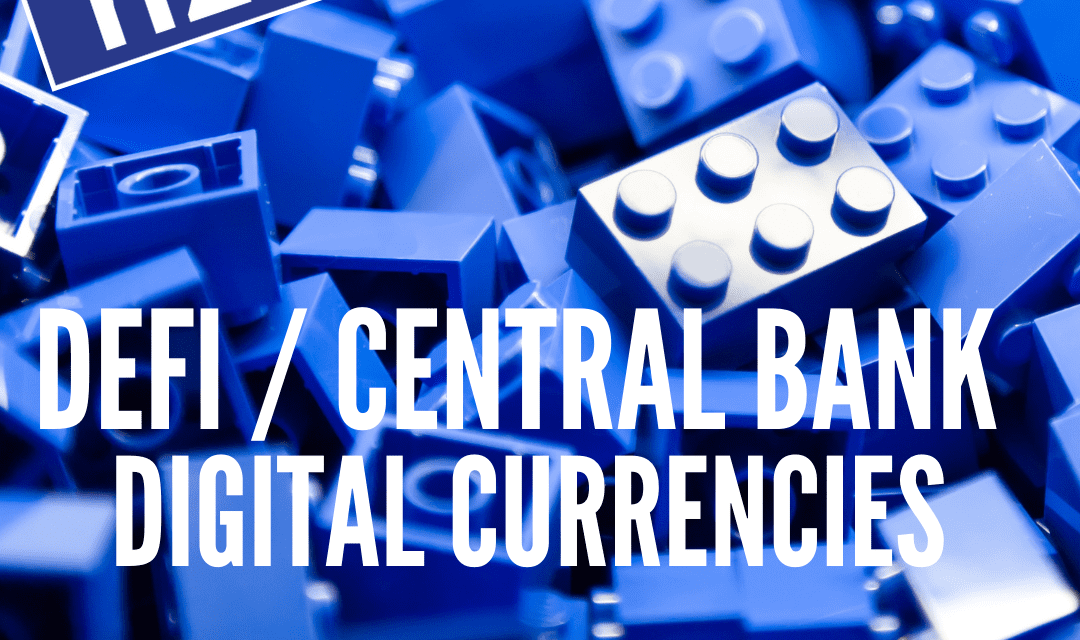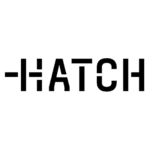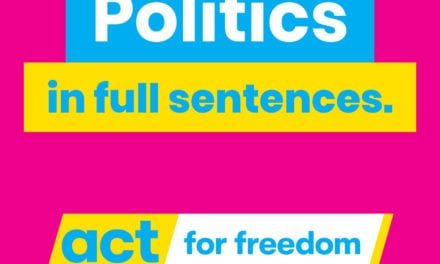A NZ perspective on DeFi, the booming crypto trend. Today I sit down with Wellington-based blockchain renaissance man, Mark Pascall, about the epic rise of decentralised finance. We discuss why DeFi applications have been going ballistic, how New Zealanders can buy into it, and explain some of the risks to consider. We also talk about Central Bank Digital Currencies and the dangers of big corporates like Facebook printing their own digi-cash.
Last week we went down the Bitcoin rabbit hole, and this week we journey even further into the many warrens that make up this exciting (and utterly confounding) blockchain space.
We start off by talking about the world of money as we understand it, where our dollars can be broken into a couple of different categories; cash and the rest of it.
Cash is the stuff buried in our backyard, stuck behind our couch cushions, and whirring around the black market.
The other stuff is the majority of the money we deal with. The banks will generally lend out far more of it than they actually have on hand at anyone time – this is fractional reserve banking.
You could say a dollar is born every time you get a loan. It then floats around for a bit and dies, when tax is paid loan is repaid – Hakuna Matata!
The next fastest growing category is in digital currencies such as Bitcoin and Ethereum, which were spun out in direct protest to the problematic situation just described. Because blockchain-based digital currencies share one ledger between every computer involved in a decentralised manner, the double spend problem is avoided and we have great traceability of this money.
As you’d expect for monopolistic companies and anxious nation states both, these decentralised currencies can make them feel a little insecure. As a result, brands like Facebook have been busy trying to roll out their own digital currencies, while reserve banks around the world are desperately trying to regulate so they can spin out their own version, in the form of Central Bank Digital Currencies.
Basically, the promise of ubiquitous digital currencies feels inevitable; it’s really a race to see who arrives first. It could come down to ‘the people’ vs ‘corporate’ vs some sort of government/central bank alliance
As Mark puts it in this episode, “we now live in a global village that doesn’t recognise geographical boundaries. It doesn’t make sense to have a world government, and it’s a really bad idea to have a capitalist corporation doing it, so what else can we do?”
Queue DeFi, or decentralized finance.
In the broadest of terms, DeFi is a financial system built on the inherently shared nature of the blockchain. Because these systems aren’t owned by any one person (even the Dalai Lama could surely be corrupted at the right price), they’re virtually impossible to be soiled by personal interests.
More recently, the money going into some of these applications has been going gangbusters. Up in the many billions of bucks, people clearly have an appetite for the likes of Augur, for betting, Aave for borrowing and lending, and Uniswap for decentralised crypto exchanges.
It has lots of the signs of the ICO boom (and then bust) in 2017, but it also has the promise of a fairer, less corrupt financial system.
Of course I would advise with something as inherently speculative as this that any investment should be no more than you’re willing to lose. There is no 0800 number once you’re out there. You’re exposed to the elements.
Get in contact with Mark @
Phone/Whatsapp: (+64) 21 223 7132
Telegram: @mark_pascall
Keen to learn more about how you can purchase crypto? Check out episode 94 here with Easy Crypto for a bit of background as to why I recommend them for any first time Crypto buyer to be. If you’re ready to get into Bitcoin, make a start here by setting up an account with Easy Crypto.
_________________________________________________________________
The NZ Everyday Investor is brought to you in partnership with Hatch. Hatch, let’s you become a shareholder in the world’s biggest companies and funds. We’re talking about Apple and Zoom, Vanguard and Blackrock.
So, if you’re listening in right now and have thought about investing in the US share markets, well, Hatch has given us a special offer just for you… they’ll give you a $20 NZD top-up when you make an initial deposit into your Hatch account of $100NZD or more.
Just go to https://hatch.as/NZEverydayInvestor to grab your top up.
__________________________________________________________________
Like what you’ve heard?
You can really help with the success of the NZ Everyday Investor by doing the following:
1- Tell your friends!
2- Write a review on Facebook, or your favourite podcast player
3- Help support the mission of our show on Patreon by contributing here
4- To catch the live episodes, please ensure you have subscribed to us on Youtube:
5- Sign up to our newsletter here
NZ Everyday Investor is on a mission to increase financial literacy and make investing more accessible for the everyday person!
Please ensure that you act independently from any of the content provided in these episodes – it should not be considered personalised financial advice for you. This means, you should either do your own research taking on board a broad range of opinions, or ideally, consult and engage an authorised financial adviser to provide guidance around your specific goals and objectives.
_____________________________________________________________________________





